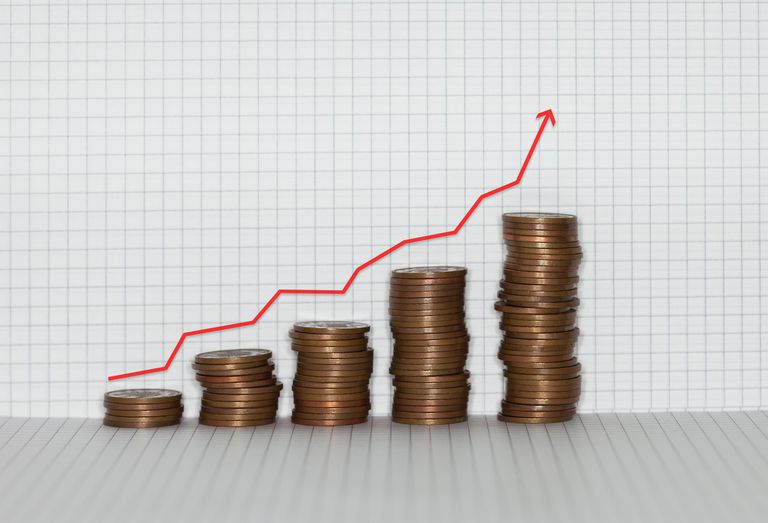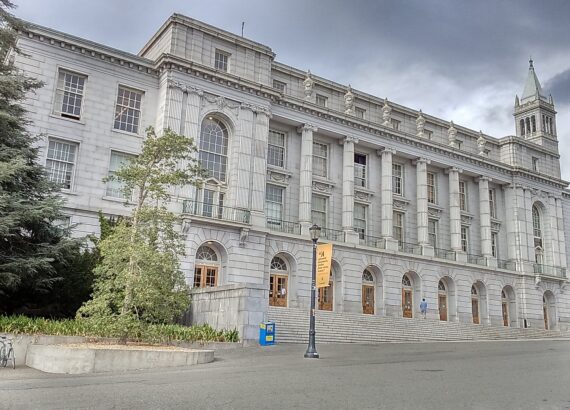What is inflation?

I was watching an economic analyst a couple of days ago giving predictions and describing most pressing concerns for today’s economy. She was particularly concerned about rising gas prices and referred to it as “inflation” several times. At first, I cringed. I was taught to think that inflation was an overall increase in prices. If only oil prices go up, that’s a real price increase, not “inflation”.
Of course, we do know that oil prices affect transportation costs. And given how global our economy is, that might cause the price of many goods to increase. Inflation is defined as “a general and progressive increase in prices”. Well, “general” is in the eye of the beholder. We’re certainly not going to measure the price of every good and come up with an inflation index based on that. Because inflation is computed using a particular basket of goods, a rise in oil prices might (and probably will) lead to an increase in the inflation index.
But I do wonder about those goods left out of the computation of the inflation index. If we included every good, would the inflation rate over the past 30 years be vastly different?




Comments are closed.